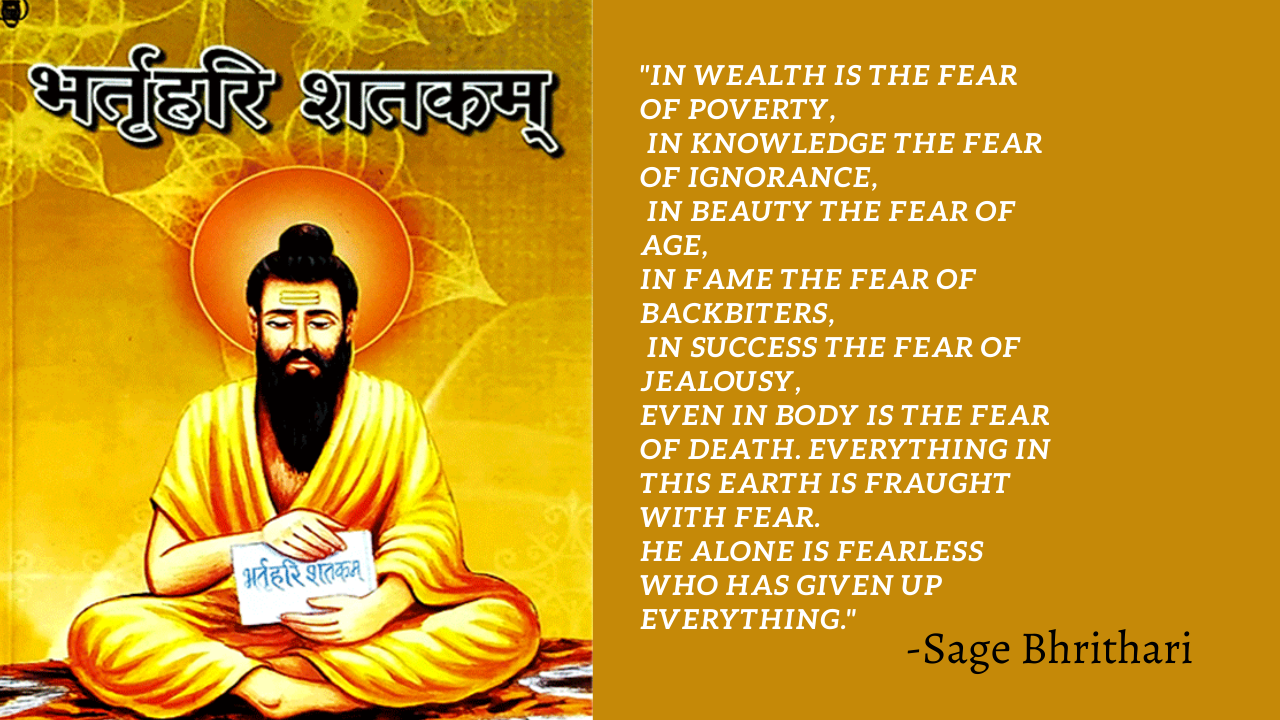Story of Unification of India :- What if India was Never Unified and Why it was Necessary.
The India that we see today is mainly due to the selfless, courageous and determined efforts of the post-independence nation-builders of India.
Our today's blog will focus on some of the greatest insightful and visionary characters who first dreamt and realised the idea of India as ONE nation; and held the unification of the then 562 princely as one sovereign nation at the utmost importance.
1. Why was the unification of the princely states necessary?
To understand the value of India's unification, let us go back to 1940s India.
The British Empire was about to leave India and needed a proper governing body of India to which it can transfer all its powers. Hence rose one of the greatest political rivals back then - the prominent parties, Indian National Congress backed by Gandhiji, Nehruji, Sardar Patel etc. and the Muslim League backed by Mohammed Ali Jinnah, A. K Fazlul Huq etc.
After countless negotiations, a demand for a separate muslim State was put forth by the Muslim League. Below given is a chart of just how much divided India was.
Blue regions are the states under British India. The green regions are the muslim demand regions and the orange regions are the native Indian princely states, which had their respective rulers.
Now although these princely states were ruled by their native rulers, they nonetheless were operated under the British Raj; with most of the native rulers paying taxes to the Brits and abide by their instructions.
Hence, there was a need to create a sort of a national, united identity among such a divided land mass, to have a successful transfer of power from Britishers and rule it effectively.
2. What if India was never unified?
Just imagine it yourself. The map that you just saw above, that entirely fragmented groups of chunk masses, would be entire separate countries themselves!
The idea of India - world's second fastest progressing nation, whose diversity contributes to its unity - would have been replaced by a land of total disorder, total chaos. Our own diversities would have been a matter of disputes!
Each princely state would have been a miniscule country, which means each one of them would spend on military, resources etc. So instead of pooling our strengths and resources to progress as a one nation, we would have been totally CRUSHED by now, and crampled under the foot of giant powers like China, America etc. Potentially we could have been ruled once again, of India was not united!
Secondly, all the disputes which are currently regarded as inter-state disputes would have been international disputes between two different countries! This means that instead of Supreme Court, the matter would go directly to the United Nations - with America, Europe, China.. All poking their noses in between!
But alas, thanks to the tremendous grit of Sardar Vallabhbhal Patel, VP Menon and other nation-builders, who united India as one nation, that we are untouched by all the above mentioned horrors.
3. How exactly India unified as one nation?
As we discussed how necessary it was to hand over the Crown's power to the local leaders of India, and appoint a government in the name of an independent, sovereign country, all the princely states got three options:-
1. Join the Indian Union
2. Join Muslim-demand Pakistan
3. Be an independent state.
Imagine. How strong would have been the shoulders of the leaders, who were given the task to go every princely state of India, convince them to give up their long-ruled states and join the Indian Union, in return of a compensation and support.
By 15th of August 1947, almost all princely states were convinced to join India. But still 3 of the major states remained unpersuaded - Kashmir, Hyderabad and Junagadh.
All of these three state unifications are no less than thriller stories themselves. Aarzi Hukumat, Voting of Junagadh; Operation Polo of Hyderabad and the tale of Kashmir which is just never-ending.
Pardon me as I can't cover all of them in their intricite details in this blog and briefly covering them is no art, hence I leave them out for some future blog.
Sardar Vallabhbhal Patel, the man of Iron-Will, the epitome of the idea of Indian Unity, on India:-
"There is something unique in this soil, which despite many obstacles has always remained the abode of great souls."
Thanks,
Daksh Parekh.





Comments
Post a Comment